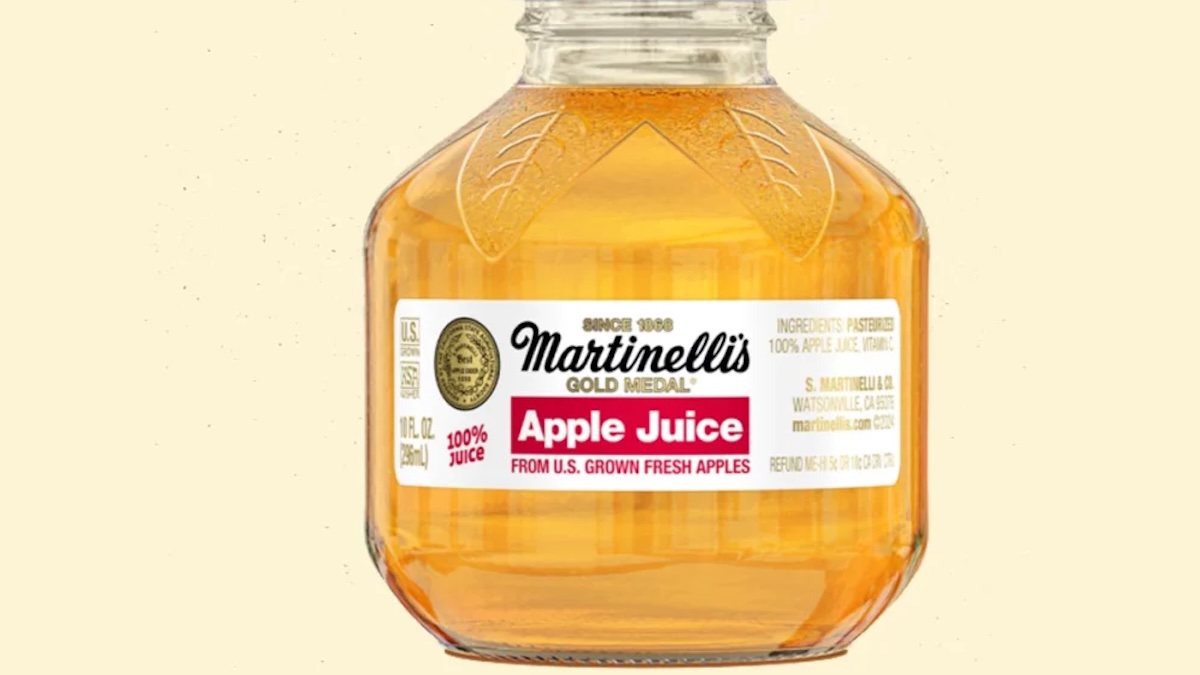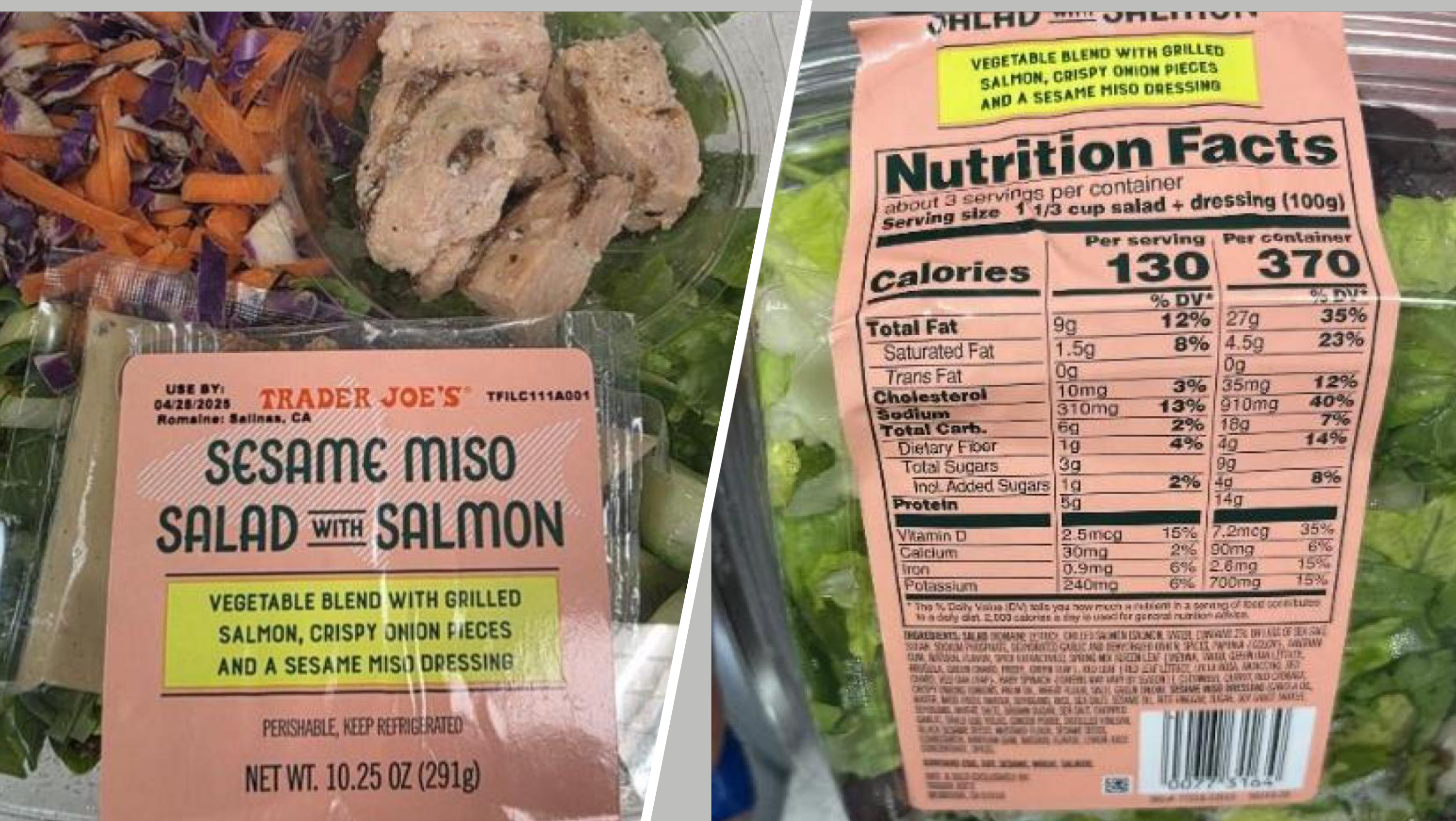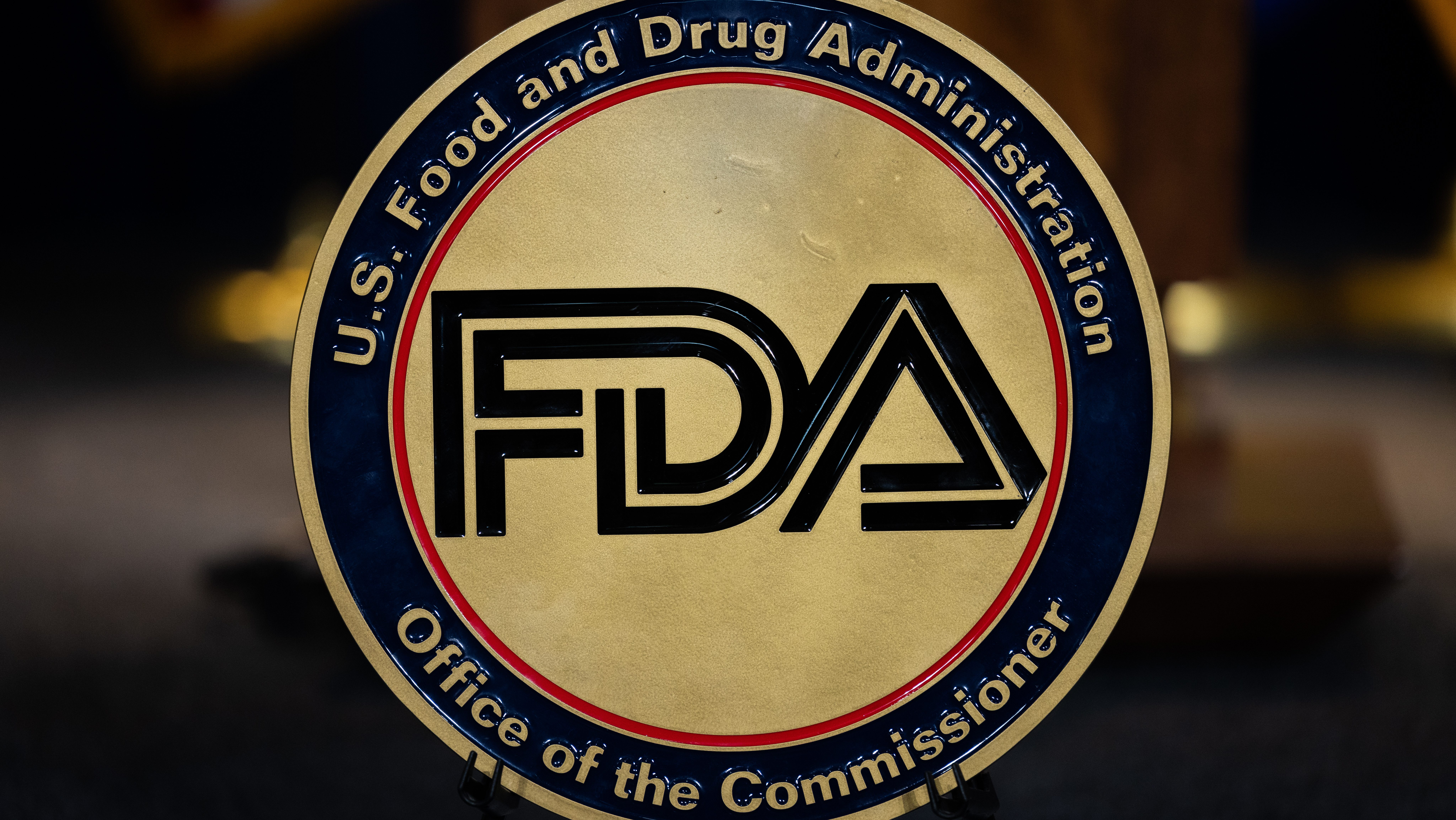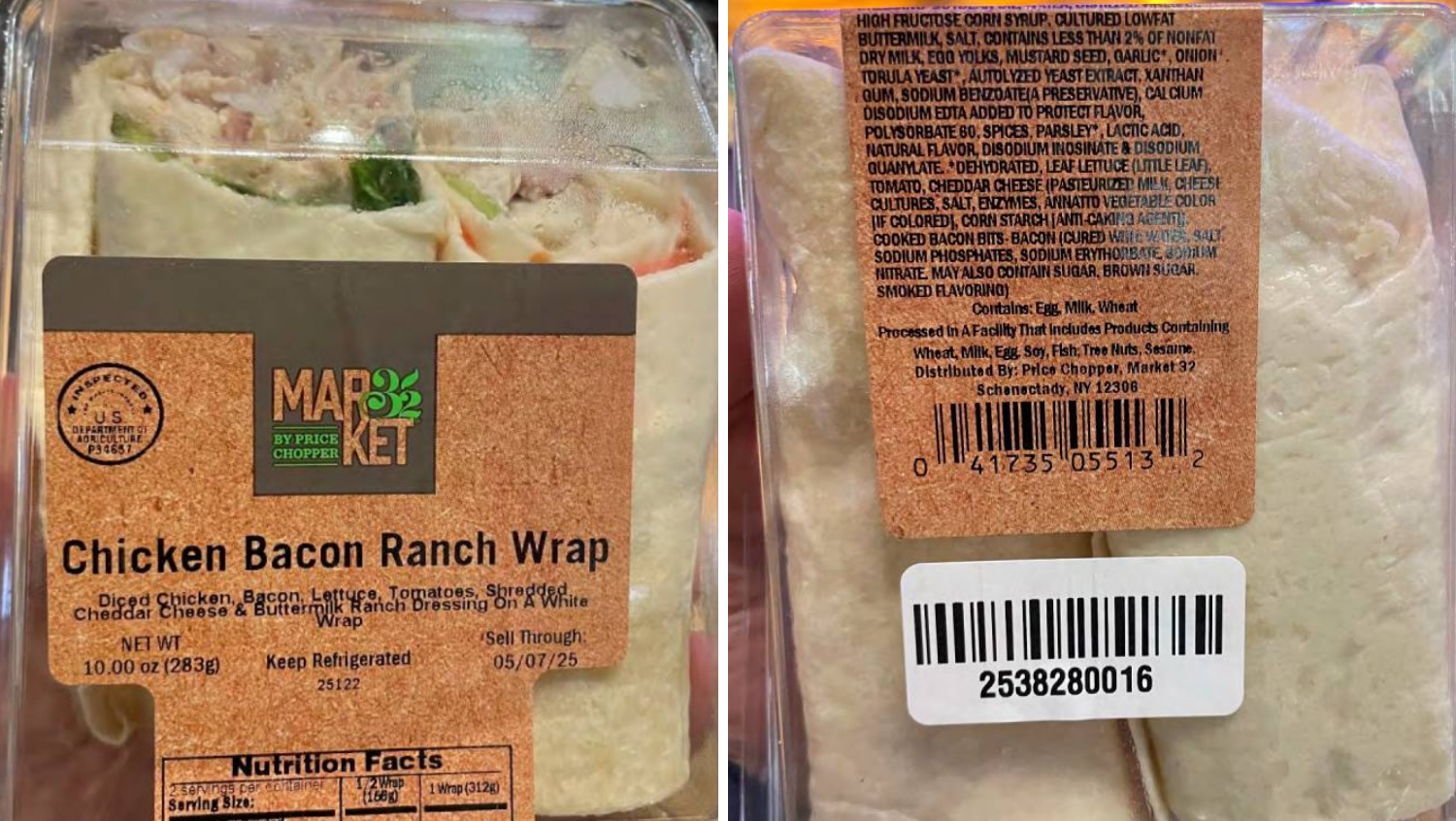Martinelli's Recall: 170k Apple Juice Bottles Tainted?
Martinelli's Apple Juice Recall: Is Your Drink Safe?
Urgent Recall Alert: Martinelli's Apple Juice Under Scrutiny
Hold on to your hats, apple juice lovers! There's been a recent buzz in the food safety world, and it involves a beloved brand: Martinelli's. The U.S. Food and Drug Administration (FDA) has announced that S. Martinelli & Company is voluntarily recalling a substantial number of their apple juice bottles. We're talking about a whopping 170,000 bottles that might be contaminated. But what exactly is the issue, and is your family's favorite apple juice at risk? Let's dive into the details.
The Culprit: Patulin, a Mycotoxin Menace
The recall stems from a potential contamination with patulin, a type of mycotoxin. You might be asking, "What in the world is a mycotoxin?" Well, in simple terms, mycotoxins are toxins produced by molds. Imagine mold growing on food, and these molds release harmful substances. These can sometimes end up in our food supply, and patulin is one such unwelcome guest. The presence of patulin in apple juice can pose a health risk, particularly to those who are sensitive to it.
Understanding Mycotoxins: The Invisible Threat
Mycotoxins aren't visible to the naked eye, making them a sneaky health hazard. They can grow on various foods, especially in warm and humid conditions, like those suitable for growing apples! It's like an unwanted party crasher that can potentially ruin the whole event. The good news is that companies like Martinelli's take these threats seriously and act proactively to ensure consumer safety.
Which Martinelli's Apple Juice is Affected?
So, how do you know if your apple juice is part of the recall? The affected cases have a "best by" date of December 5, 2026. Double-check your bottles for this date immediately. The recall specifically involves 7,234 cases, which translates to over 170,000 individual bottles. It's a significant quantity, highlighting the importance of this recall.
Where Was the Recalled Juice Distributed?
The recalled apple juice was distributed across a wide range of states. Here's the list to check against: Alabama, Arkansas, Arizona, California, Connecticut, Delaware, Florida, Georgia, Iowa, Illinois, Indiana, Kansas, Kentucky, Louisiana, Michigan, Missouri, Mississippi, North Carolina, New Hampshire, New Jersey, New York, Ohio, Pennsylvania, South Carolina, Texas, Utah, Virginia, and Wisconsin. If you live in one of these states, it's crucial to inspect your Martinelli's apple juice bottles.
Health Risks Associated with Patulin Exposure
While the levels of patulin in the recalled juice might not be acutely toxic for everyone, it's important to understand the potential risks. High levels of patulin exposure can lead to nausea, gastrointestinal upset, and vomiting. In more severe cases, it could potentially have longer-term health implications. It's kind of like eating a slightly moldy piece of bread; you might not get seriously ill, but it's definitely not a pleasant experience!
Who Is Most Vulnerable?
Children and individuals with compromised immune systems may be more susceptible to the adverse effects of patulin. It's always best to err on the side of caution, especially when it comes to the health of vulnerable populations. We want to keep our little ones and those with weakened defenses as safe as possible!
Martinelli's Response: A Voluntary Recall
The fact that Martinelli's initiated a voluntary recall is a positive sign. It demonstrates a commitment to quality control and consumer safety. A voluntary recall means the company proactively identified the potential issue and took steps to address it, rather than waiting for a regulatory agency to force their hand. It’s a bit like admitting you made a mistake and taking responsibility for fixing it – admirable, right?
What Should You Do If You Have Recalled Juice?
If you find that you have bottles of Martinelli's apple juice with the "best by" date of December 5, 2026, do not consume it. The best course of action is to return the juice to the store where you purchased it for a full refund. Alternatively, you can dispose of the juice properly. It’s not worth the risk to drink it, even if it looks and smells fine.
How Does Patulin Get Into Apple Juice?
Patulin contamination typically occurs when apples are damaged or bruised before processing. The mold responsible for producing patulin thrives on damaged fruit. It highlights the importance of careful inspection and sorting of apples during the juice-making process. It's like making sure you only use the best ingredients when baking a cake!
Preventative Measures: Safeguarding Our Food Supply
Food manufacturers employ various strategies to prevent mycotoxin contamination, including rigorous quality control measures, proper storage of raw materials, and testing of finished products. These measures are essential to ensure the safety of our food supply and protect consumers from potential health risks. Think of it as a multi-layered defense system against unwanted intruders.
The Broader Impact of Food Recalls
Food recalls can have a significant impact on consumer confidence and brand reputation. When a trusted brand like Martinelli's issues a recall, it can raise concerns about the safety of other food products as well. It’s a reminder that even well-established companies are not immune to food safety challenges. The good news is, transparency and proactive measures can help rebuild trust.
Restoring Consumer Trust: Transparency is Key
Companies that are transparent about food safety issues and take swift action to address them are more likely to maintain consumer trust. Open communication and clear information about the recall process are crucial. We appreciate honesty and knowing that a company prioritizes our well-being above all else.
Other Potential Contaminants in Food and Beverages
While patulin is the focus of this recall, it's worth noting that various other contaminants can potentially find their way into our food and beverages. These can include bacteria, pesticides, heavy metals, and other toxins. This is why robust food safety regulations and vigilant monitoring are so important. It's a complex web of possibilities, which is why rigorous safety standards are essential.
Staying Informed: Resources for Food Safety Information
Staying informed about food safety issues is essential for protecting yourself and your family. Reputable sources of information include the FDA website, the USDA website, and consumer advocacy groups. These resources can provide valuable insights into food safety recalls, potential health risks, and preventative measures. Knowledge is power, especially when it comes to protecting our health!
The Future of Food Safety: Innovation and Technology
The food industry is constantly evolving, and with it, new technologies are emerging to enhance food safety. These include advanced testing methods, improved tracking systems, and innovative packaging solutions. These advancements hold the promise of a safer and more secure food supply for everyone. The future is bright, and innovation plays a crucial role in keeping our plates safe.
Conclusion: Prioritizing Safety and Awareness
The Martinelli's apple juice recall serves as a timely reminder of the importance of food safety. While the potential for patulin contamination is concerning, the company's proactive response demonstrates a commitment to protecting consumers. Always check the "best by" dates of your products, stay informed about recalls, and don't hesitate to take precautions if you suspect a problem. By staying vigilant and informed, we can all play a part in ensuring a safer food supply for ourselves and our communities. Remember, your health is your wealth!
Frequently Asked Questions (FAQs)
Here are some frequently asked questions about the Martinelli's apple juice recall:
- What is patulin, and why is it a concern?
Patulin is a mycotoxin produced by molds that can grow on apples. It can cause gastrointestinal upset, nausea, and vomiting, and long-term exposure may have other health consequences. It's a natural toxin, so avoiding it where possible is best.
- How do I know if my Martinelli's apple juice is affected by the recall?
Check the "best by" date on the bottle. If it's December 5, 2026, it's part of the recall. Also, check if you purchased it in one of the states listed in the recall announcement.
- What should I do if I have recalled apple juice?
Do not consume it. Return it to the store where you purchased it for a full refund, or dispose of it properly.
- Are there any long-term health risks associated with patulin exposure?
While short-term exposure may cause gastrointestinal symptoms, the potential long-term health risks of patulin exposure are still being studied. It's best to avoid exposure altogether.
- Where can I find more information about food recalls and food safety?
You can find reliable information on the FDA website, the USDA website, and from reputable consumer advocacy groups. Staying informed is the best way to protect yourself and your family.









